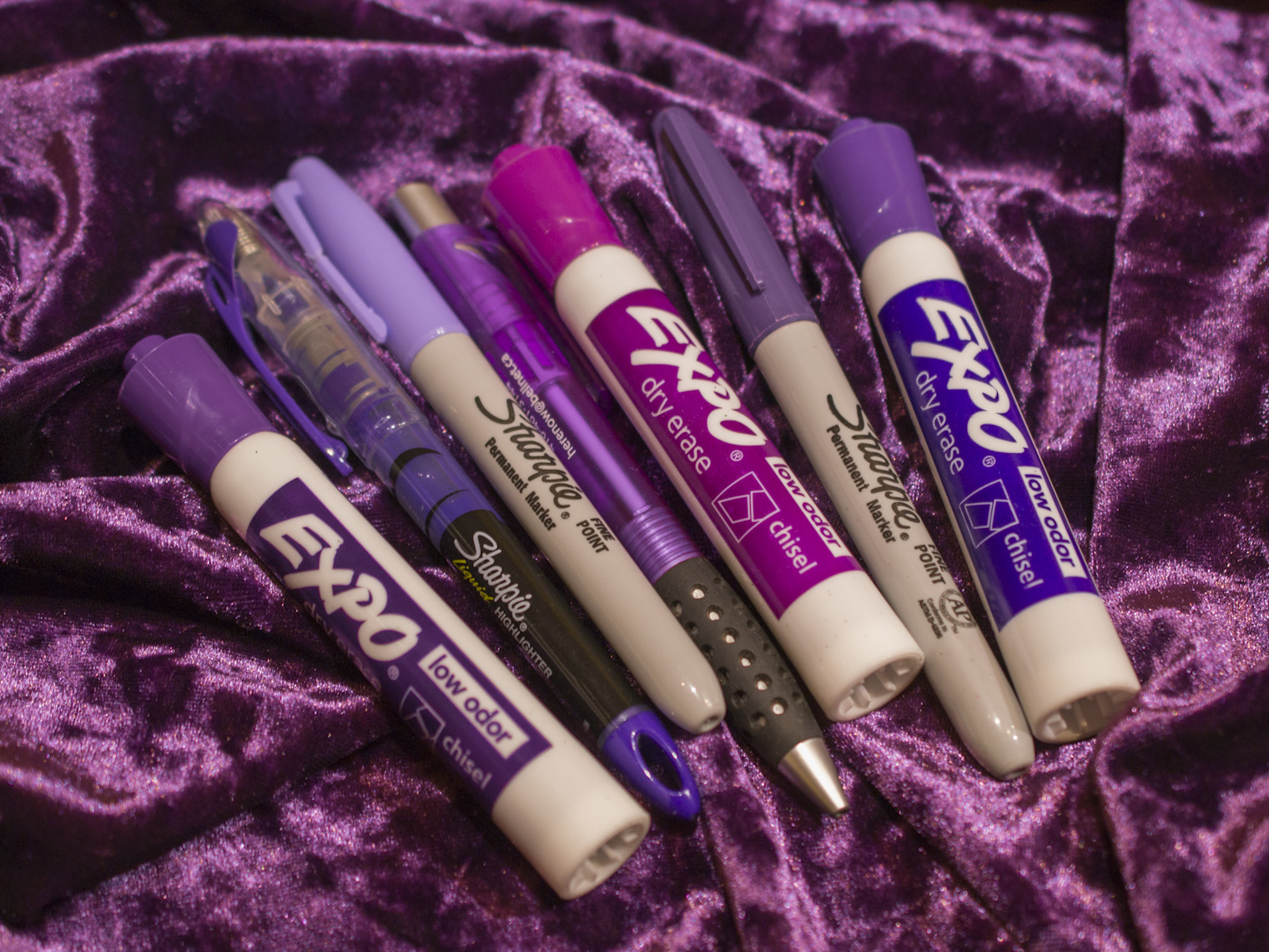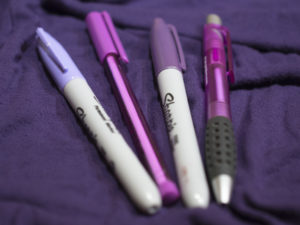If you have some counselling skills, knowledge of psychology, or mental-health professional qualifications, you could create a service that helps prevent or reduce dating difficulties! Entrepreneurs might be able to charge fees or get a grant to offer these services, or they might be developed by volunteers. Many of the following ideas come from respondents to our survey:
Prevention
- Videos, books, school programs and other resources to help youth learn to develop healthy relationships
- Training for teachers and other youth leaders, about how to notice and help a young person who is having difficulty with social skills or dating
- Programs to screen youth for social skills difficulties, anger, or related issues
Advice
Although there is lots of dating advice available on the web, in books and other resources, there is a need for more good advice that is helpful to:
- Youth who are struggling with social skills
- Adults who have not started dating or having sex yet, and face the stigma of inexperience (virginity) and singlehood
- People on the autism spectrum, especially those who are “high functioning” or have only mild autistic traits
- Gender- and sexually-diverse people (queer, trans, asexual, etc.) who struggle with discrimination, identity confusion, and a small dating pool
- People with diverse body shapes, sizes and abilities who get more discrimination than desire
Good dating advice needs to recognize women, men and non-binary people as unique human beings worthy of respect. Each person is different, so there is no single formula for building a healthy relationship.
Assessment
Many people aren’t sure why they have dating difficulties. We have a list of possible reasons, but someone could develop a self-assessment quiz or test. The results might provide a roadmap to addressing the person’s unique complex reasons for being single.
People have difficulty assessing their own issues accurately, especially if they feel depressed or have heard a lot of negative messages about themselves. A service could provide one or more external observers who assess a person’s causes of dating difficulties, based on interacting with them. The observer(s) need to be kind, realistic, honest, and experienced with dating.
Introducing People
You could organize opportunities for shy and inexperienced people to meet each other for support, friendship and maybe dating. People are looking for communities where they will feel they belong.
- Peer Support Group: Local, regular meetings run by and for the participants. (Distinct from group therapy led by a counsellor.)
- Online Peer-support Forum of inexperienced people, with guidelines and strong moderation to ensure discussion stays respectful, legal and hopeful.
- Singles Events: In-person one-time gatherings. Use a format that prompts people to talk, perhaps similar to the Not Creepy Gathering or a board-game night. You might design the event to accommodate introverts, autistics, demisexuals, disabilities, etc.
- Mentorship: a matching service to introduce an inexperienced person to a late-bloomer or other person with successful relationships, for supportive conversations (online or in person).
- Online dating app/site for meeting friends and potential partners who are also inexperienced or shy. Might have features to provide social cues and ease rejection.
- Matchmaking: human-mediated introductions to potential dating partners.
Note that it may be difficult to find enough compatible people in one geographic area to make these matching services effective or profitable.
Counselling
There is a big opportunity for counsellors who want to offer therapy that is specialized to inexperienced people. This includes psychotherapists, psychologists, sex therapists, speech therapists, dating coaches and other mental health professionals.
Many people with dating difficulties are seeking affordable and accessible therapy. You might offer video sessions, group therapy, sliding scales, and brief courses of therapy.
Therapists can use psychometric tests, such as an autism assessment, to help a client understand some underlying reasons for dating difficulties.
There is demand for a social skills training course. The curriculum could draw from existing autism treatments and dating advice, adapted for inexperienced people of all genders and orientations, or specific sub-groups.
Counsellors could host one-time introduction events, in person or by webinar. People with dating difficulties would be invited to attend, and do some facilitated exercises to meet and chat with other inexperienced people. Participants might want to know how they could benefit from therapy, and might want to join a group therapy program or form their own support group. Plans are being made to test this type of event in Toronto.
Guidance for counsellors
If you are a mental health professional, you could document and share your experience with counselling people with dating difficulties. There is a need for:
- Guidance for effective individual therapy and testing
- Guidelines for peer support groups and forums
- Programme guide for group therapy
- Curriculum guide for social skills training
- Facilitation guide for an introduction event
- Adapting existing advice about therapy with men (such as this excellent article) to clients whose masculinity is threatened by sexual inexperience and rejection
We would love to publish blog posts or link to your guidance for therapists!






